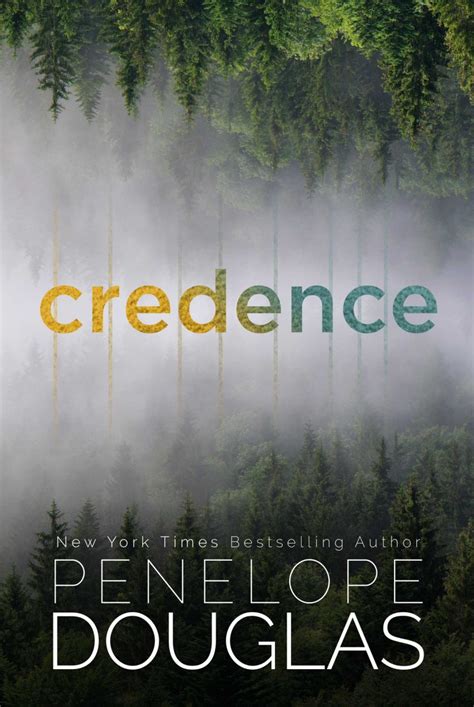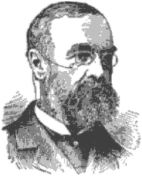A Quote by Gene Robinson
Historically speaking, institutions are slow to change and usually resistant to any sudden moves - churches especially so.
Quote Topics
Related Quotes
What James Madison and the other men of his generation had in mind when they wrote the First Amendment was that there should be no official relationship of any character between government and any church or many churches, and no levying of taxes for the support of any church, or many churches, or all churches, or any institution conducted by any of them.
I believe it is quite possible for us to obtain an outer peace at the present time. Historically speaking, when human beings are faced with the choice between destruction and change, they are apt to choose change, and it's about the only thing that will make them choose change. So we have the possibility at the present time to take a different direction in the world - the possibility exists!
The theory of punctuated equilibrium, proposed by Niles Eldredge and myself, is not, as so often misunderstood, a radical claim for truly sudden change, but a recognition that ordinary processes of speciation, properly conceived as glacially slow by the standard of our own life-span, do not resolve into geological time as long sequences of insensibly graded intermediates (the traditional, or gradualistic, view), but as geologically "sudden" origins at single bedding planes.
There are three things, and it depends on the group that we're talking about, but there's history, there's culture, and then there's social networks. So, you know, historically black and white, they worship together until about the end of slavery, and people started moving out into separate churches. But it was because of discrimination and racism and such that blacks began to establish their own denominations and their own churches.






































